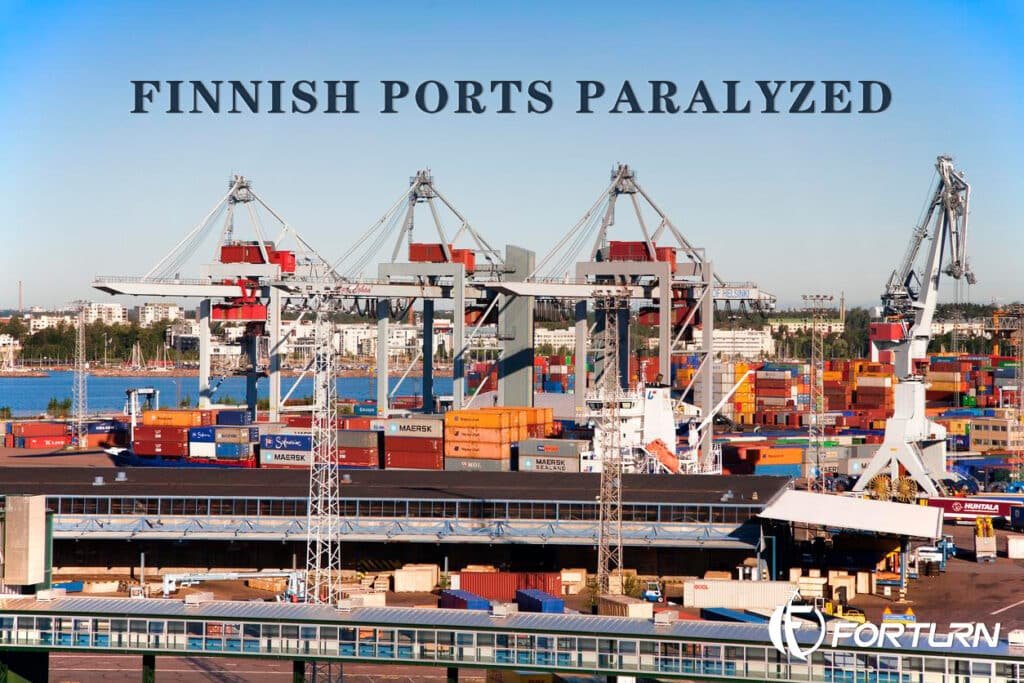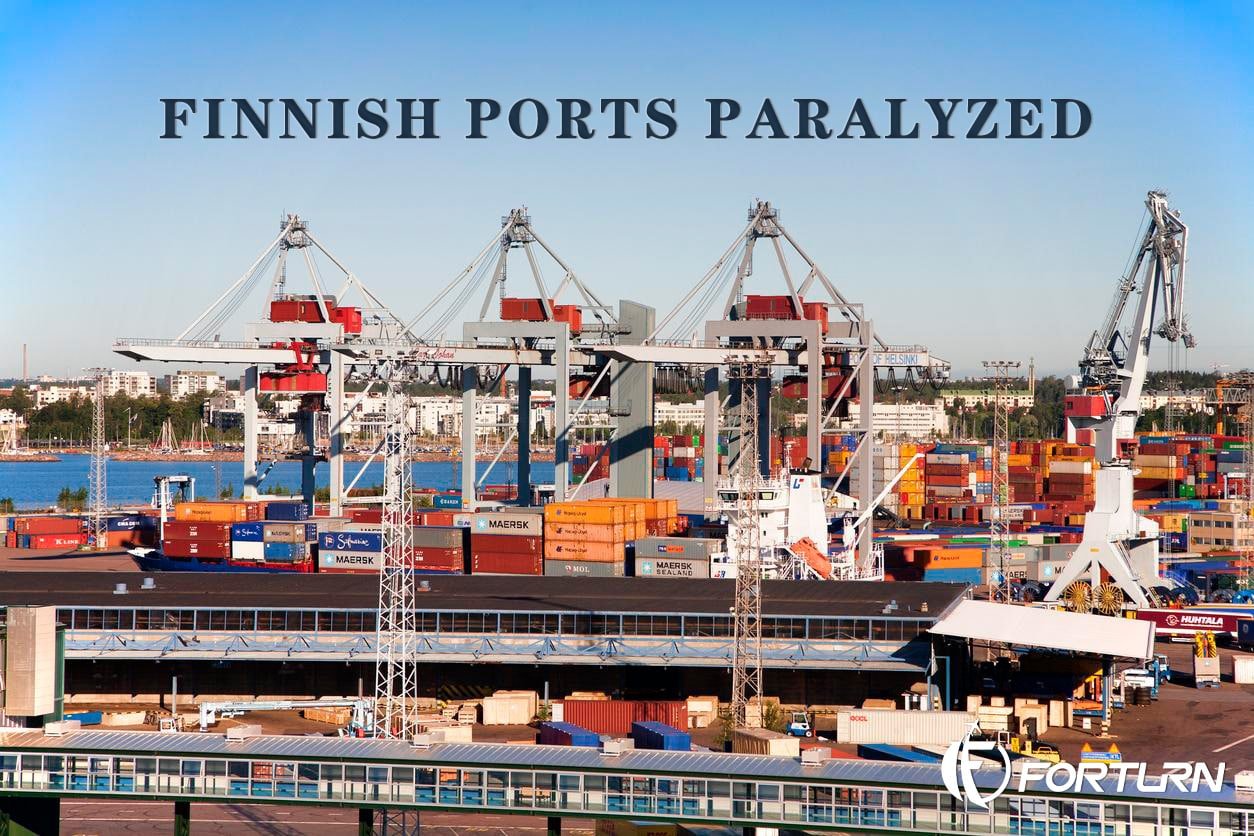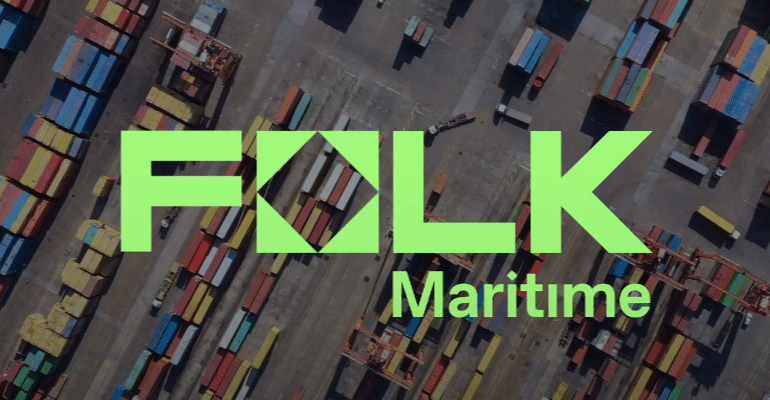Recently, Finland’s major trade unions announced that they will extend the strike due to fruitless negotiations with the government, causing Finland’s freight industry to continue to be in serious trouble. In addition, due to the Houthi threat, the Israeli port of Eilat has zero arrivals and is difficult to maintain operations. Finland’s main unions have announced they will extend their strike after talks with the government proved fruitless. The incident will eventually paralyze the country’s ports and cargo operations into its third week. Afterwards, operations at all ports will be suspended, and air and land logistics will also be affected. Since March 11, about 7,000 workers have gone on strike. With the start of the strike, container and related operations have come to a standstill. Originally set to end on March 25, unions now say it will be extended until at least April 1, targeting port operations and railways transporting goods. Therefore, container operations at Finland’s main ports of Helsinki, Kotka, Turku and Rauma will be suspended for another week. Even after the strike ends and dockworkers begin to gradually return to the ports, the backlog will still take days to clear.
Maersk said Finland’s stevedores union will continue the strike for another week. Now they have announced that a new round of strikes will start on March 25 and last until April 1. Ship loading and unloading work at Finnish ports remains at a standstill, and containers cannot enter or leave the port normally during the strike. Air freight may also experience unexpected delays and additional costs due to strikes. Based on information from various sources, the strike is scheduled to end on Monday, April 1, 2024, which coincides with the Easter holiday. Congestion at ports is expected after the strike and Easter, so shippers are advised to prepare for possible delays. Once strike action ends, there is a very real possibility of delays.
Due to the continued attacks by Houthi armed forces, a large number of shipping companies have changed the routes of ships and no longer call at the southern Israeli port of Eilat. The port was paralyzed and faced serious financial problems, leaving half of the workers unemployed. According to reports, in December last year, the CEO of the Port of Eilat pointed out that since the Houthis began attacking ships in the Red Sea, the number of sailing ships in the Port of Eilat had dropped by 85%. At present, the port has been basically paralyzed, and the traffic of ships has completely stopped. Data show that in 2023, a total of 149,000 vehicles were imported from the Port of Eilat, while since 2024, this number has been 0. If the crisis continues, port workers will have to be furloughed. However, on Wednesday, the General Workers’ Union of Israel, the management of the Port of Eilat planned to lay off half of its 120 employees. The news sparked an outcry from workers, who said the company should stand side by side with workers at this critical moment rather than resort to mass layoffs.










